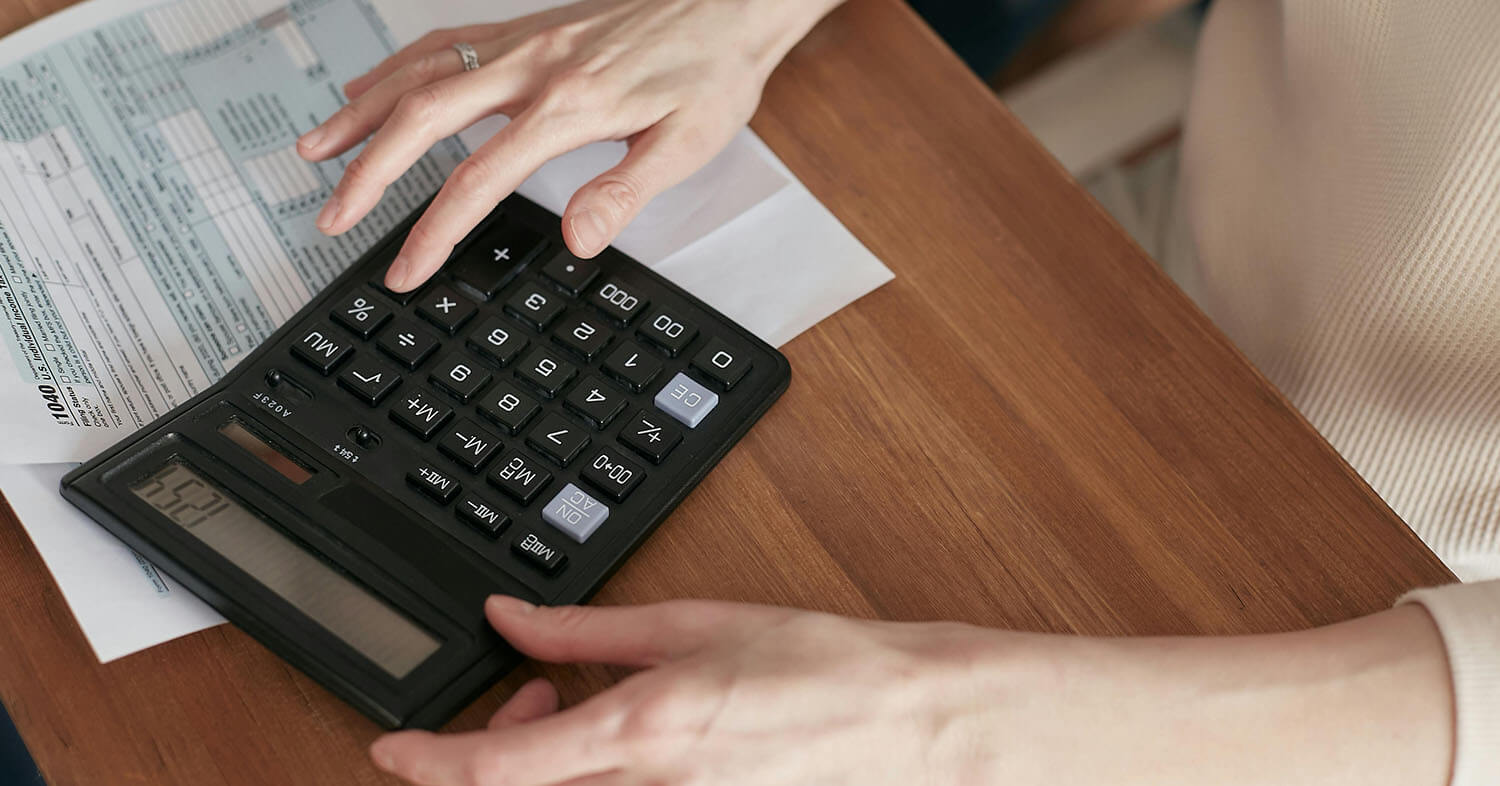Ensuring that your kids know how to deal with money while they’re growing up gives them a much better shot at a trouble-free economic life as adults.
It needn’t be a topic that you obsess over, and indeed the best the lessons your children will receive will be from observing you in your daily life. For this reason, it is important to be open about what is going on in the household and to discuss problems openly and maturely in front of your kids when appropriate.
As they get older, your children can be directly introduced to increasingly complex aspects of home economics, from saving and earning to budgeting and investments. Give them projects to do, such as saving for a specific treat or buying presents on a budget. Encourage them to get involved when you’re grocery shopping or in the bank so that handling money — and understanding what it means — becomes second nature.
Make these approaches part of growing up and you can instil a responsible and wise sense of economy into your children before they start to handle more serious quantities in their late teens and when they leave home. It’s easy to make an informal education plan: have a look at this new infographic which guides you as to just when it’s best to introduce different facets of finance into junior’s life.

Embed This Image On Your Site (copy code below):




